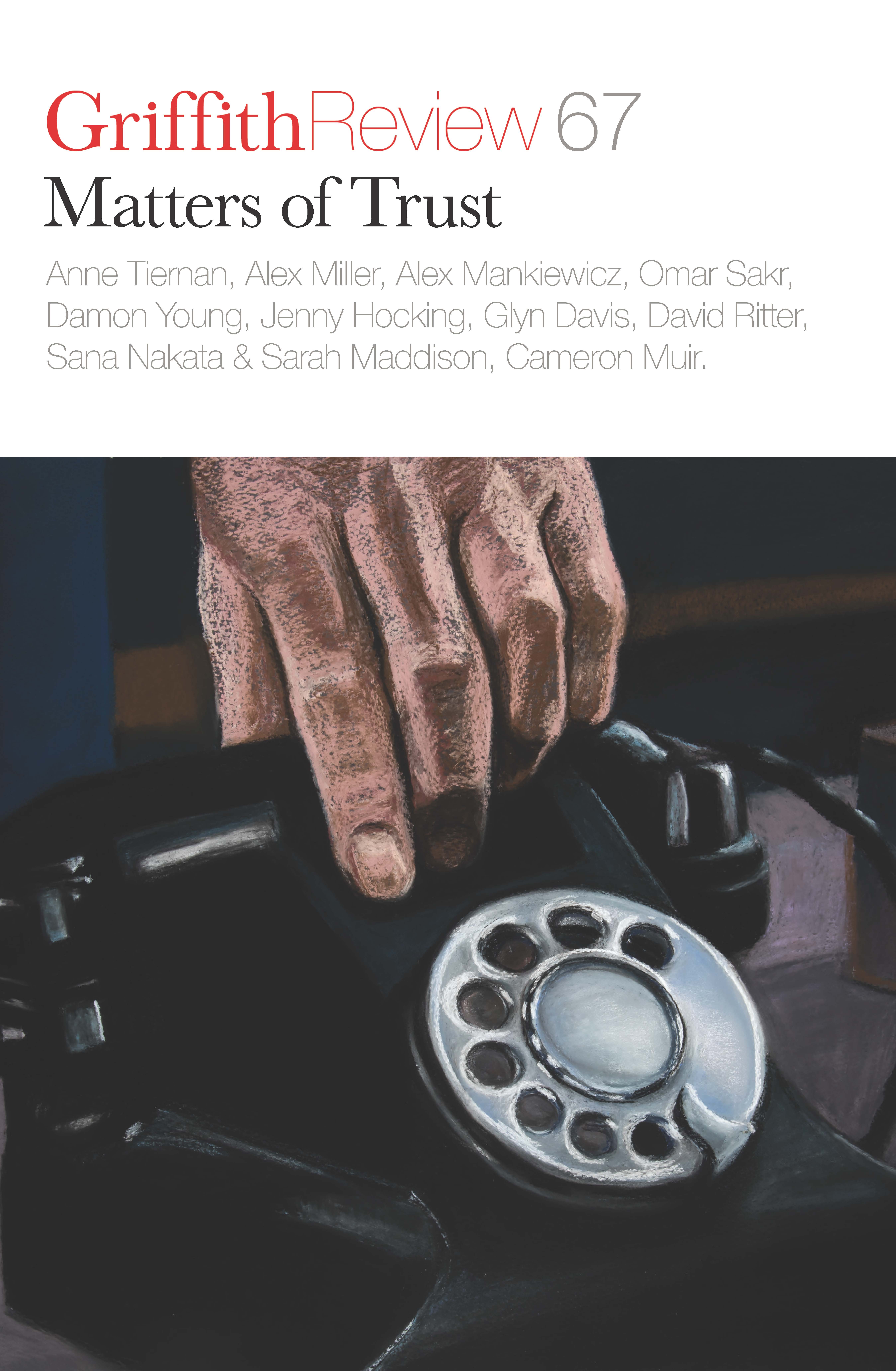A TROPICAL SUMMER. 2006: A Monday. Wendy, the story: the compound, the day, her telling me in Mackay her dream of going to England one day, her smile, her confidence. She will enact her dream. Up the winding road into the highlands from Mackay to Nebo in her four-by-four with the black number eight on its yellow doors and roof. Breakfast at Frank’s place and we talk till lunchtime. No work is done. Natalie joins us. She is using a cane now, her weight too great for her to bear without support. After lunch we visit Pink Lily Lagoon. Stand on the bank and gaze at the still waters; freckled (or maybe speckled) ducks paddle about on the water, ignoring us. The kids chase each other and scream. Dinner after dark at Natalie and David’s, the open space of the house, the workers coming in for their meal at evening, parking their rigs, young men, fit, strong, they come in at the door, two at a time and glance at me and then at each other. Frank calls them over and introduces them: ‘My friend, Alex Miller.’ It is enough. Frank is their general. His authority holds them. We help ourselves to Natalie’s cooking. Natalie watches us. I am the only white man among them.
In the morning we drive out to the Burton Downs mine and walk the escarpment, looking for signs of Frank’s Old People. Buffel grass masks the ground where there was once an open spread of native cover. We gather in the shade of the sheltering group of trees at the edge of the lake: Elphinstone, the heart of Frank’s country, and drink tea and stare at the glowing surface of the lake in the heat. After lunch we follow the rise of the country and come upon the cave with its knowledge map. It is Col who tells us this is a map. A written document. To me it resembles the dance of linked stick figures, crayoned onto the rockface in red ochre. Nigel asks, ‘Why did they cover the map with white hand-stencils, Uncle Col?’ Col says: ‘They heard the white man was coming and they didn’t want him to read the knowledge.’ He lights the cigarette he has rolled, silent for a time. We all gaze at the complex map. ‘The Old People didn’t know the white man was illiterate,’ he says. They are not figures. Each ‘figure’, Col tells us, represents a location along the river. It is writing. The runes of the Barada Barna. The Celts would have acknowledged it as script, text. To know this map is to know Frank’s country.

Already a subscriber? Sign in here
If you are an educator or student wishing to access content for study purposes please contact us at griffithreview@griffith.edu.au





